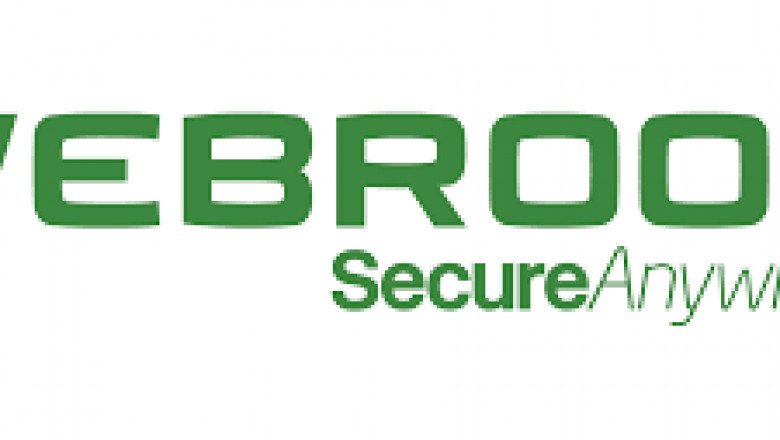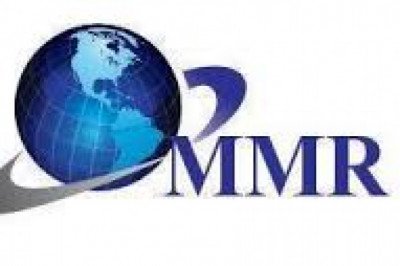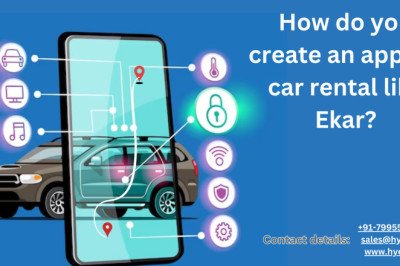
views
Protect Your Computer From Virus Attack - Www.webroot.com/safe
A computer virus is a program that spreads from one system into another. It is capable of reproducing itself. It is a malicious program that can infect user computers. So, we will tell you about the three main viruses that can be used to protect your device against viruses: Webroot.Com/Safe antivirus support; adware removal; virus removal.
Here are 10 ways to protect your device and computer from viruses.
1. Keep the Firewall window ON at all times
Firewall helps protect your channel activity. It prevents unwanted threats and malware from reaching your PC and also blocks unauthorized access. A firewall must be installed on your computer. Because the firewall checks every message and blocks messages that do not comply with the security criteria.
2. Make sure you are using the most recent Windows version on your computer.
Your window should be updated regularly. We recommend that you use the most recent version of your window. It has many features that are more useful and protects their system from malware and threats.
3. Keep all applications current:
It is important to check any software before you install it on your computer. To increase system security, automated functions are often added.
4. Install any quality Antivirus
To ensure the highest level of protection, make sure you have Www.webroot.Com/Safe antivirus installed on your system. Every document, data, and activity that is stored on your computer system is vital.
Antivirus software that blocks computer viruses using their anti-virus protection feature. Even the most advanced anti-virus software won't always protect your computer from infection. It can cause a slowdown in the performance of your computer. This is where an expert can help. In this case, you can contact the virus removal team. They can remove viruses from your computer using the most effective tools.
5.Your Antivirus must be up-to-date regularly
There are always new threats, and your antivirus software may not be up-to-date. You should ensure that your antivirus software is always up-to-date.
6.Do not open spam e mails
You are the only member who can see this message. You can login to your email and see the following message: "Become millionaire in one hour" or "we will give you "xyz" cash. You should not open this type of email. Because hackers and attackers often send this email to spread viruses.
7.Use your latest browser version:
Web browsers are critical applications but, like all software, can carry viruses or germs. A web browser can be hacked even if it has been approved. This means that hackers can view everything you put in the text box, including usernames and credit cards numbers. It is recommended that you upgrade to the most current version of your browser. This makes it more secure.
8.Do not visit affected sites
Many sites have been designed to get control of your Device. Once they do, they can execute a malicious act like infecting it with virus or worms or getting your vital information wrong.
Keep your computer current
You should make sure that your computer is up-to-date. An attacker can attack a computer that has not been updated in many cases. To protect their computer from viruses and malware, it is essential that they are updated regularly.
You shouldn't use Wi-Fi that is not open to you:
If you're about to enter at a public location such as a coffee shop or library, and especially an airport. You shouldn't access free Wi-Fi. You don't accept open Wi Fi. This is the easiest way to get malware and viruses into someone's laptop.












Comments
0 comment